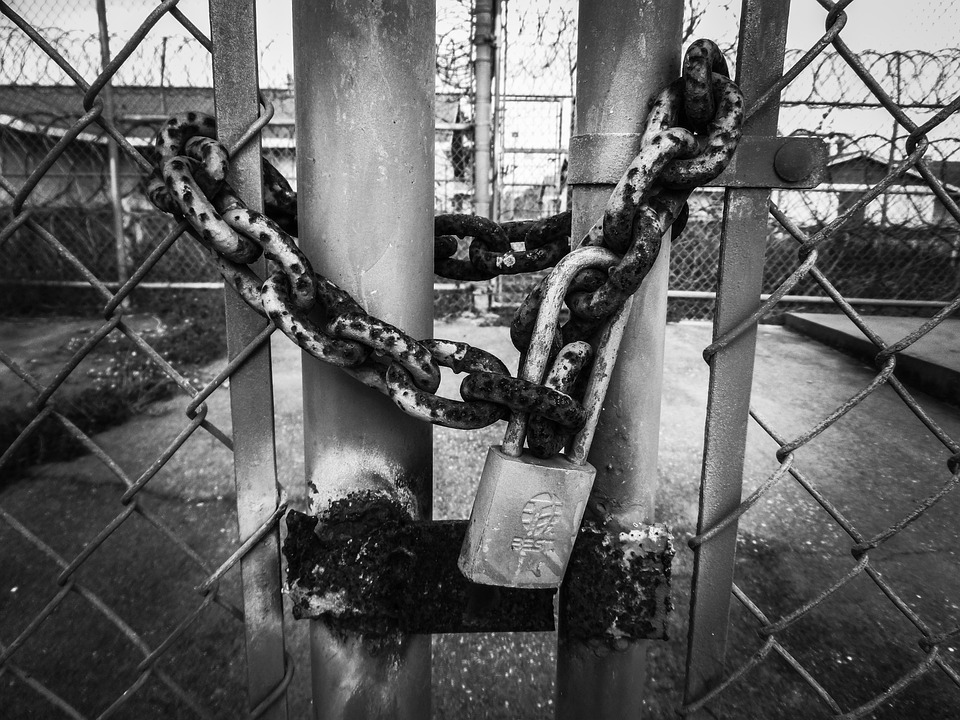Security incidents can be a major threat to your personal and financial safety. Whether it’s a data breach, a phishing attack, or a malicious virus, it’s important to take steps to protect yourself from these incidents. Here’s what you need to know to stay safe.
1. Use strong passwords. Weak passwords are one of the most common ways that hackers gain access to accounts. Make sure to use a combination of upper and lowercase letters, numbers, and symbols when creating passwords. It’s also a good idea to use a password manager to store your passwords securely.
2. Keep your software up to date. Software updates often contain important security patches that can help protect you from security incidents. Make sure to keep your operating system, web browser, and other software up to date.
3. Be wary of suspicious emails. Phishing emails are a common way for hackers to gain access to accounts. Be wary of emails that ask for personal information or contain links to suspicious websites.
4. Use two-factor authentication. Two-factor authentication adds an extra layer of security to your accounts. It requires you to enter a code sent to your phone or email address in addition to your password.
5. Use a VPN. A virtual private network (VPN) encrypts your internet traffic, making it more difficult for hackers to intercept your data.
6. Monitor your accounts. Regularly check your bank and credit card statements for any suspicious activity. If you notice anything out of the ordinary, contact your bank or credit card company immediately.
7. Back up your data. Regularly back up your data to an external hard drive or cloud storage service. This will ensure that you have a copy of your data in case of a security incident.
By following these tips, you can help protect yourself from security incidents. Remember to stay vigilant and take steps to secure your accounts and data.























